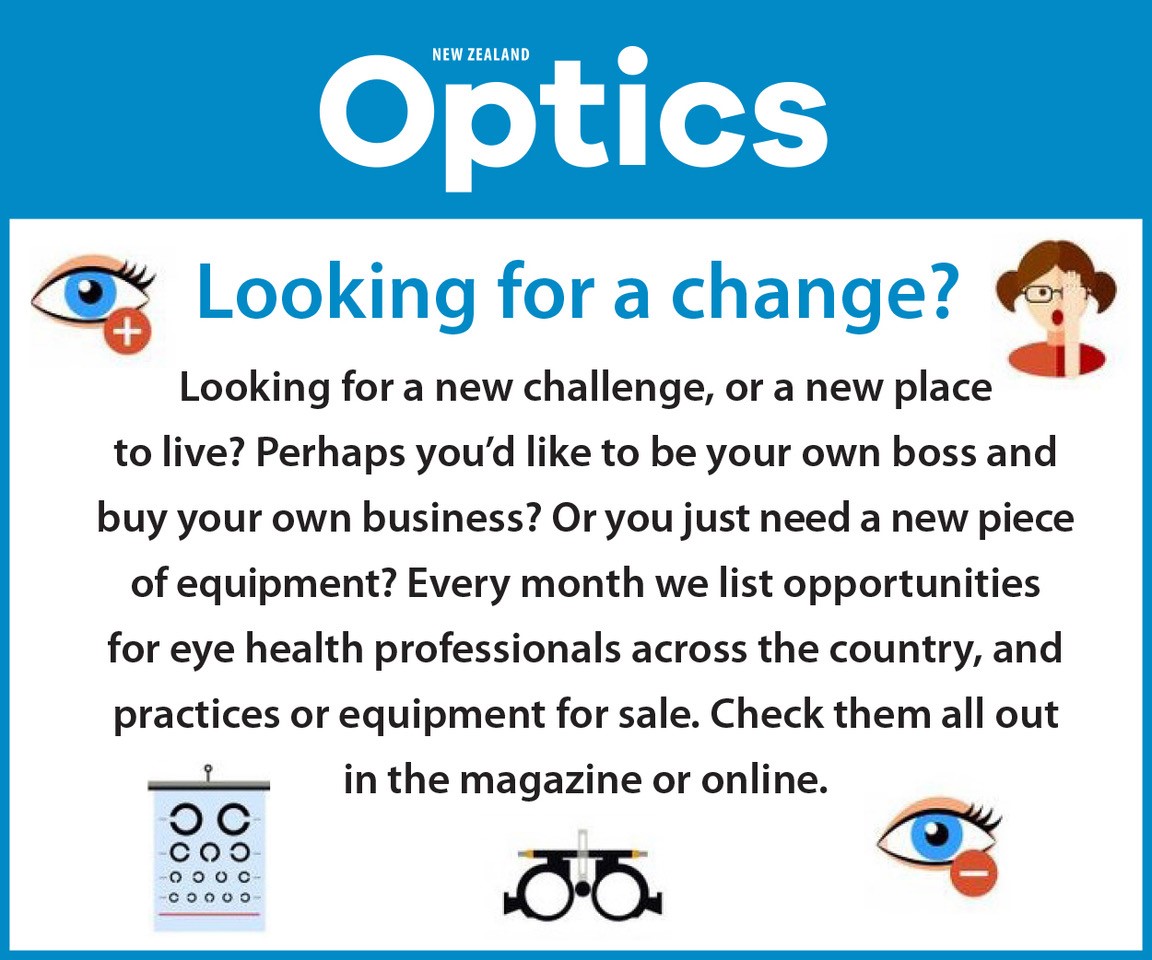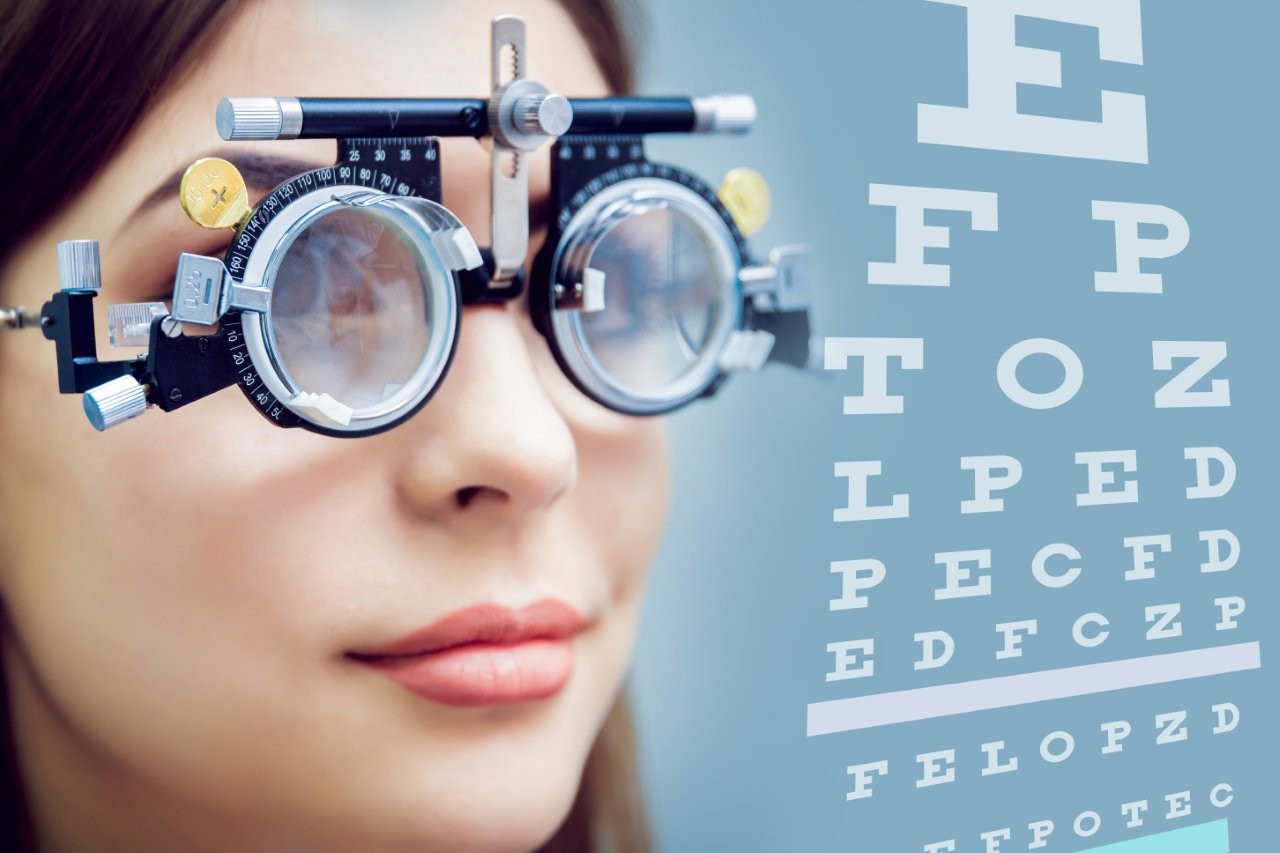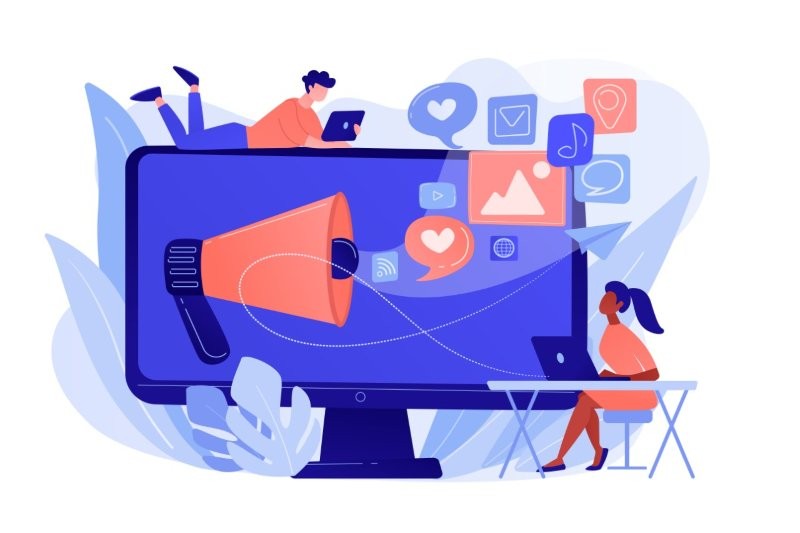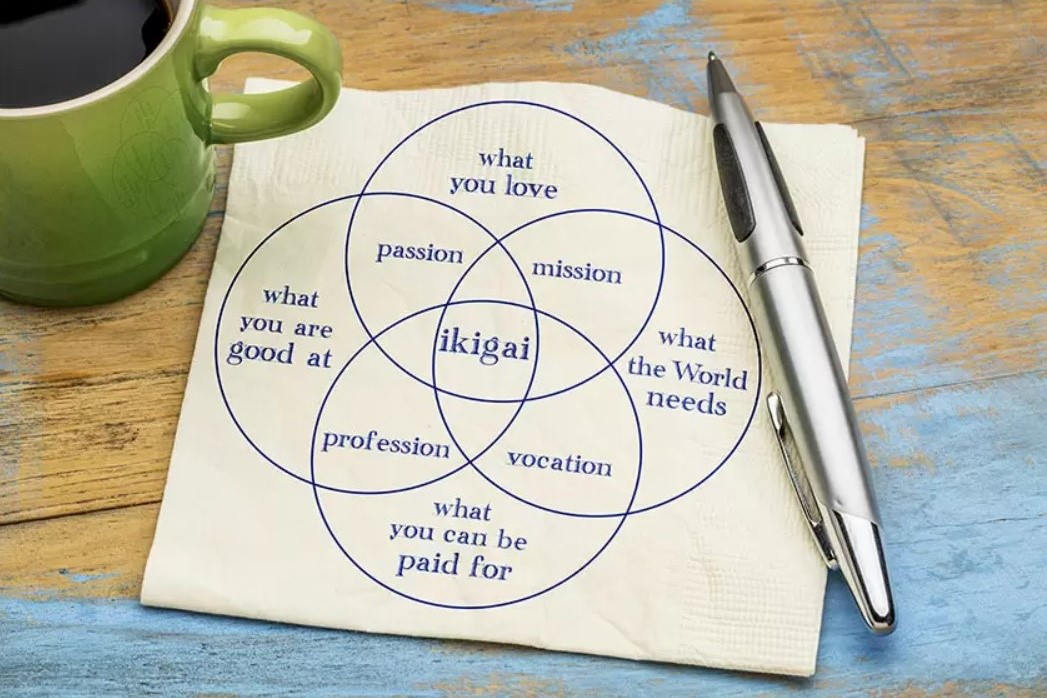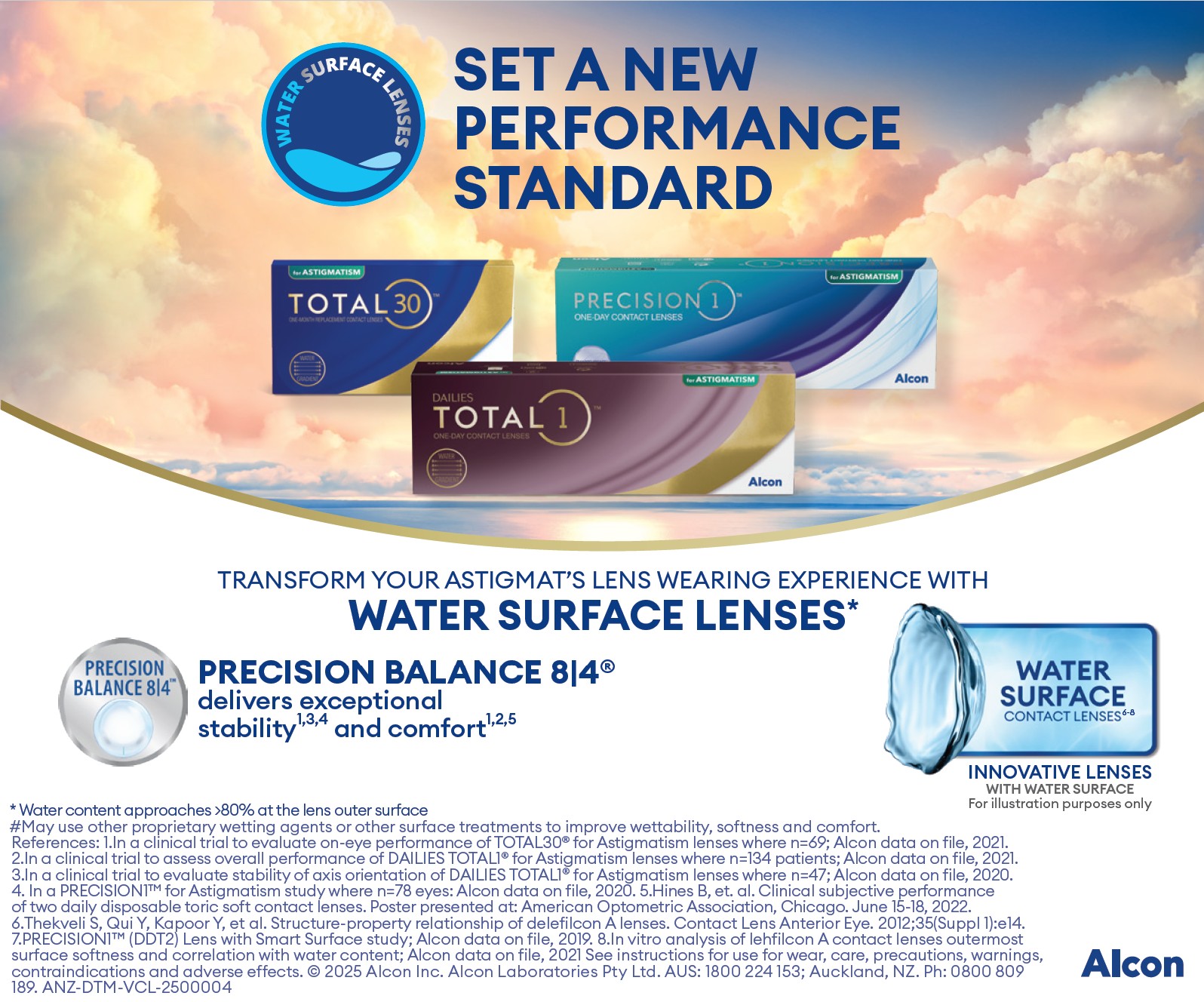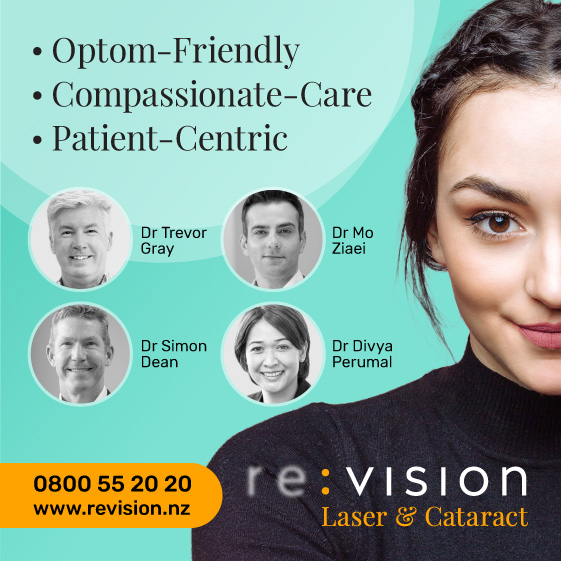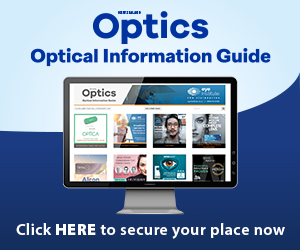Connection & communication: business focus fundamentals part III
In the optometry profession, technical competence is assumed, while clinical accuracy is expected, and for good reason. But according to Lynden Mason, co-founder of a national network of optometry practices and co-founder and former co-owner of Vivo, a large group of privately owned hair salons, excellence in clinical skill is not what sets high-performing practitioners apart from the rest. What does? Connection and communication.
This principle sits at the heart of Mason’s business focus fundamentals (BFFs), the core philosophies he used to scale a single consulting room into a multi-practice operation. It is a simple truth that guides much of his leadership and mentorship today: you are not delivering care to machines, you are working with people. And people need more than accurate advice – they need to feel heard and understood.
Connection is communication done well
Like many clinicians, Mason initially assumed his job was to be correct. Over time, he noticed that patients remembered the way he spoke to them. They told their friends. They returned year after year. And the most common feedback was not about technical skill, but about how easy he was to talk to. You can give the same advice to 10 people and get 10 different responses, he says. “That means your job isn’t just to give the advice – it’s to figure out how to deliver it in a way that actually works for that person.”
His approach starts with asking patients questions to help him understand their work, their lifestyle, their daily habits and what matters to them. This informs advice that feels relevant and useful, rather than generic. “I’ve met some of the most interesting people by asking a few thoughtful questions,” he says. “It’s become such a thing in our house that my wife always asks, ‘Who did you meet today?’ when I come home from clinic.”
This focus on communication is not only about patient satisfaction; it’s a commercial strategy. “People who feel heard are more likely to rebook, more likely to refer, more likely to invest in their own eye health. That has a direct impact on the performance of your business,” he says.
In a market where patients have options and word-of-mouth still drives new bookings, the ability to connect meaningfully is a serious advantage. While digital presence and professional branding play their part, nothing beats the in-person experience of feeling understood. “You could be the most clinically accurate optometrist in the country,” says Mason, “but if you can’t connect with your patients, that expertise will only take you so far.”
You are the message
For optometrists looking to grow their business, elevate the patient experience, or lead more effectively, this business focus fundamental offers something clear and actionable. Communication is not just a soft skill, it’s a leadership skill, a clinical skill and a business growth lever.
Although every clinician develops their own communication style, what matters is consistency, approachability and authenticity, says Mason. “Patients are not looking for perfection. They are looking for clarity and care. They want to feel like they matter, and that starts with how you show up.”
To make a shift today, consider these suggestions:
- be relatable – speak to people, not problems
- be curious – ask before you advise
- be adaptable – adjust how you deliver your message so it resonates
- be consistent – build trust by showing up the same way every time.
“Being clinically correct is only step one,” Lynden says. “What really builds a business is when people feel like you understand them and they trust you. That is what brings them back. That is what grows loyalty. And that is why connection and communication will always be central to the way I practise and the way I lead.”
 Teréze Taber and Lynden Mason
Teréze Taber and Lynden Mason
Teréze Taber is a former television producer and content writer and brand specialist. With Lynden Mason, she is now focused on their private consultancy practice, Behind the Brand. Contact Lynden or Teréze on lynden@behindthebrand.co.nz and tereze@behindthebrand.co.nz









